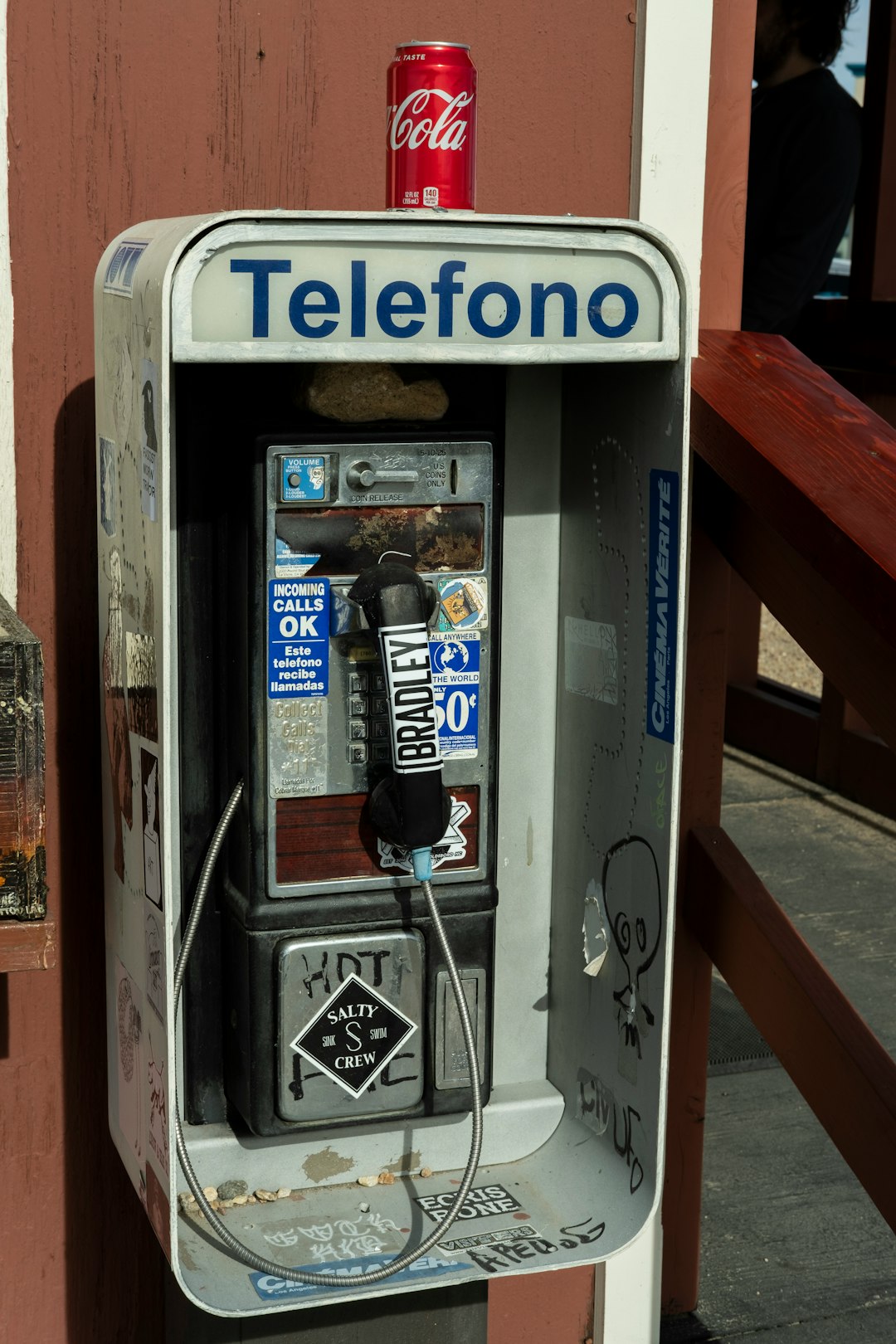In Colorado, strict Spam Call laws protect residents from abusive debt collection practices by regulating call frequency, timing (avoiding 8 a.m.-9 p.m. calls unless consented to), and disclosure requirements. Debt collectors must obtain explicit permission for automated dialing systems and adhere to rules ensuring transparency, fairness, and respect for individual rights. Non-compliance results in significant fines and reputational damage, emphasizing the importance of compliance for Spam Call law firms operating in Colorado.
In the state of Colorado, debt collectors must adhere to strict guidelines set forth by the Spam Call Laws. This comprehensive guide explores the permitted practices for debt collection agencies operating within Colorado’s legal framework. We delve into the intricacies of navigating consumer rights and ethical collection methods, ensuring compliance with local regulations. Understanding these rules is vital for both debt collectors and consumers alike, as it fosters a fair and transparent debt recovery process. Discover key insights on staying compliant under Colorado’s Spam Call Laws.
Understanding Colorado's Spam Call Laws: A Foundation for Debt Collectors

In Colorado, the Spam Call laws are designed to protect residents from unsolicited phone calls, especially those related to debt collection. These regulations provide a framework for debt collectors operating within the state, ensuring fair and ethical practices. The Colorado General Assembly has implemented specific guidelines to prevent harassing or abusive collection tactics, offering debtors peace of mind.
Debt collectors must adhere to strict rules regarding call frequency, caller ID, and disclosure of information. They are prohibited from calling residents before 8 a.m. or after 9 p.m., except with prior consent. Additionally, they should not use automated dialing systems or prerecorded messages without explicit permission. By understanding and complying with these Spam Call laws, debt collection firms can foster trust with their clients and ensure a more harmonious debt recovery process.
Permitted Practices: Navigating the Legal Landscape for Debt Collection in CO

Navigating the legal landscape of debt collection in Colorado involves understanding a series of permitted practices and regulations designed to protect consumers from aggressive or unfair tactics. The state’s Spam Call law firm guidelines, for instance, strictly regulate how debt collectors can communicate with individuals, including the use of automated dialing systems and prerecorded messages. Violations of these laws can lead to significant fines and legal repercussions.
Debt collection agencies in Colorado must adhere to specific rules regarding the timing and frequency of contacts, the disclosure of information, and the verification of debts. They are required to provide consumers with validation of the debt and the name and address of the original creditor. Compliance with these practices ensures that debt collectors operate within ethical boundaries, fostering a fair and transparent environment for both debtors and creditors.
Compliance and Consumer Rights: Ensuring Ethical Debt Collection Practices

Debt collection practices in Colorado are strictly regulated to protect consumers from unfair and aggressive tactics. The state’s laws ensure that debt collectors adhere to ethical standards, maintaining a balance between recovering debts and respecting individual rights. One key aspect is the prohibition of spam calls, where unauthorized automated or pre-recorded telephone communications are used to solicit debt payments. This not only disrupts personal space but also raises privacy concerns.
Consumers in Colorado have various rights under these regulations, including the right to request validation of the debt, receive clear and accurate information about the debt, and stop communication from collectors through written requests. These provisions ensure transparency and fairness throughout the debt collection process. Compliance with these laws is crucial for debt collection agencies and law firms offering such services in Colorado, as non-compliance can result in significant penalties and damage to their reputation.






